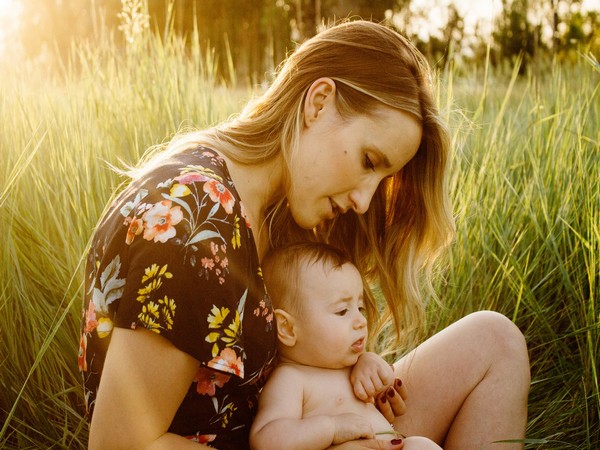

According to a recent study, when parents ‘baby talk’ with their infants, they may be helping them learn to produce speech.
The research has been published in the ‘Journal of Speech, Language, and Hearing Research’.
The way we instinctively speak to babies — higher pitch, slower speed, exaggerated pronunciation — not only appeals to them but likely helps them learn to understand what we’re saying. New research from the University of Florida suggested that baby talk can have another, previously unknown benefit: helping babies learn to produce their own speech. By mimicking the sound of a smaller vocal tract, the researchers think, we’re cluing babies into how the words should sound coming out of their own mouths.
“It seems to stimulate motor production of speech, not just the perception of speech,” said Dr Matthew Masapollo, an assistant professor in UF’s Department of Speech, Language, and Hearing Sciences, and director of the UF Laboratory for the Study of Cognition, Action, and Perception of Speech in the College of Public Health and Health Professions.
“It’s not just goo-goo ga-ga,” he added.
In the study, the researchers changed the frequency sounds to mimic either an infant or adult vocal tract, and then tested how infants reacted. Six- to eight-month-old babies “displayed a robust and distinct preference for speech with resonances specifying a vocal tract that is similar in size and length to their own,” they wrote.
Four- to six-month-old babies didn’t have that preference, suggesting that older babies’ dawning ability to control their voices and make words out of babble could be what made the infant-like sounds more appealing.
“Though baby talk may sound simple, it’s accomplishing a lot,” said co-author Linda Polka, PhD, of McGill University.
“We’re trying to engage with the infant to show them something about speech production,” she said.
“We’re priming them to process their own voice,” she added.
While parents are sometimes discouraged from engaging in baby talk, Masapollo and Polka’s research showed the patterns associated with that speaking style — which scientists called “infant-directed speech” — could be a key component in helping babies make words.